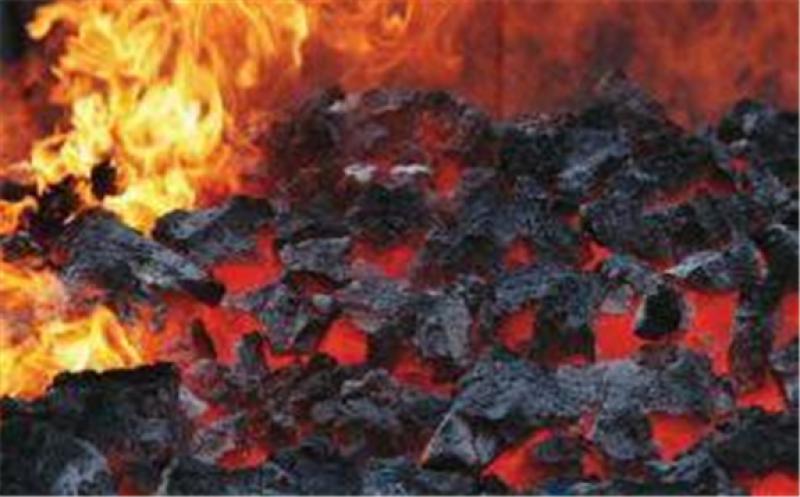Most large Chinese coal importers have suspended purchases of Australian thermal coal after the government issued verbal warnings to some companies to halt buying.

There have been few reported bids for Australian coal from China in the past two weeks given buyer concerns over whether the coal would be able to clear Chinese customs. And some cargoes that had been booked earlier are now facing delays or defaults.
The ramp-up in diplomatic tensions between the two countries has possibly become even more evident in China's import policy in October than earlier this year, when Beijing started to tighten the screws on Australian coal, in particular, through import quotas.
China's domestic futures prices rose on reports of tougher curbs on Australian cargoes, with the November contract closing at 626.4 yuan/t today, up from Yn614.4/t on 9 October. The January contract closed at Yn602/t today, up from Yn583.2/t over the same period.
A string of utilities and industrial buyers were contacted by varied Chinese authorities over the 1-8 October golden week holiday and ordered to halt Australian imports immediately, amid worsening China-Australia relations. China-based buyers consider Russian and Indonesian mid-CV and higher CV cargoes to be safer substitutes, even as tight import quotas and opaque government policy have created uncertainty for all market participants.
Deep concerns
The government's increased resistance to Australian purchases cannot yet be considered a formal ban as some Chinese buyers and traders say they have not been contacted by the authorities and Australian coal is still — in a few cases — being allowed to offload at some ports. But the new verbal orders from government authorities to avoid Australian coal have caused deep concern among buyers and sellers.
An east China-based state-controlled utility early this month cancelled around 10 cargoes of Australian coal that it had booked through term contracts. The cargoes were originally intended for delivery in November and December before the utility received a government order to cancel the imports. A south China-based trading firm is also considering delaying a December-loading cargo it had booked last month.
The uncertainty about the government's attitude to Australian coal is beginning to creep into the first quarter of 2021, when import quotas should in theory be rolled over. The uncertainty is worrying Australian producers who will find it difficult to plan output in the coming months.
Key producer Glencore has already idled its mines in New South Wales and Queensland for 2-3 weeks during the current Australian school holidays and will halt mining for longer than usual over the Christmas-new year holidays. Many Australia-based producers have been producing at a loss for several months, given global oversupply of thermal coal and China's tightening import restrictions. Some Australian producers halted overtime work and weekend shifts or extended maintenance work a few months ago as seaborne prices became increasingly unattractive, despite strong domestic prices in China.
Cargoes bought by Chinese traders have not been able to get through Chinese customs and were resold by Chinese traders to India earlier this month at lower prices of around $40-41/t fob Newcastle for November-loading Panamaxes. China is the dominant market for Australian NAR 5,500 kcal/kg coal, and other typical buyers, including India, South Korea and Vietnam, take far less of this grade by comparison.
China imported 38.65mn t of thermal coal from Australian in January-August, up by 14pc from the same period last year, customs data show. But the July and August intakes registered year-on-year declines of 34pc and 55pc to hit 4.09mn t and 2.97mn t, respectively.
Weak demand from China slashed prices of Australian thermal coal last week, with the most recent Argus assessment of NAR 5,500kcal/kg coal at $40.15/t fob Newcastle on 9 October. This was down from $42.08/t fob a week earlier when perceptions of tightening supply in northeast China fuelled expectations that November and December cargoes would be sought-after in China under more relaxed early 2021 quotas.